BLOG
Learn More About Fertility
BLOG
Browse Our Articles
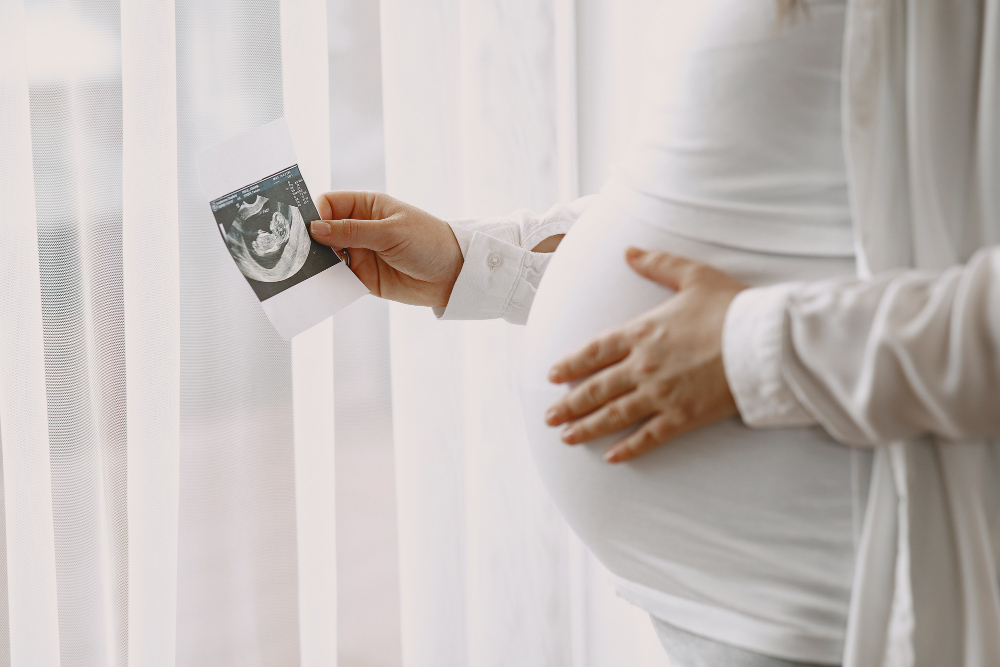
Options for same-sex couples who wish to start a family
There are safe and personalized treatments available for same-sex couples to build a family.

What is the ROPA method and how does it allow two women to share motherhood?
The ROPA method (Reception of Oocytes from the Partner) allows two women to biologically share motherhood.
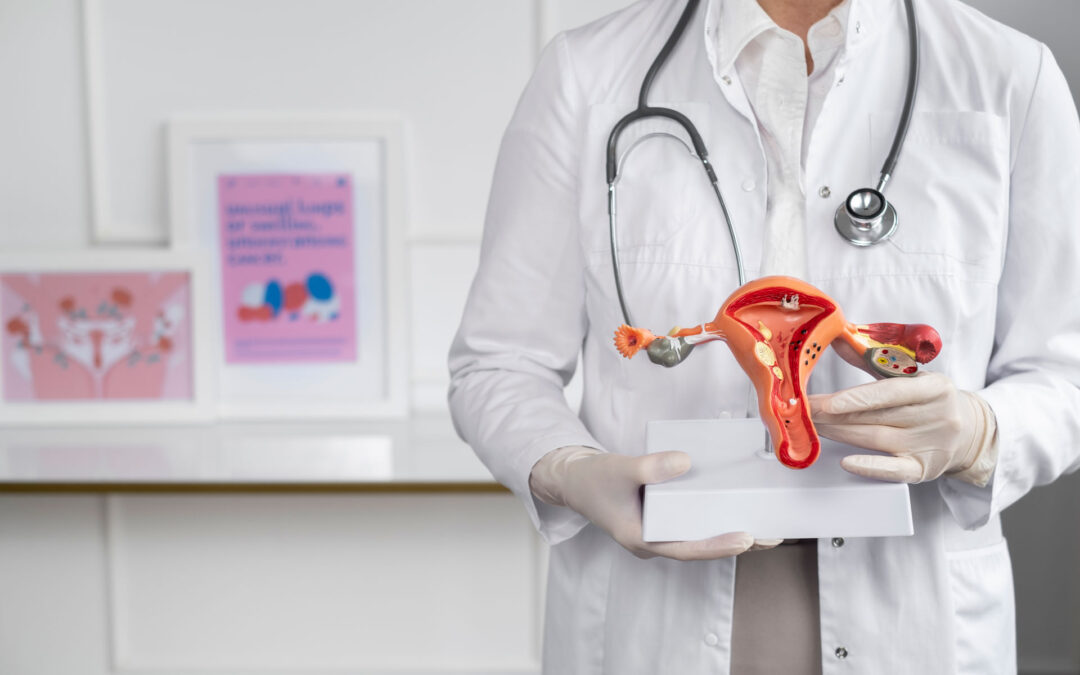
What is hysteroscopy and when is it needed?
Hysteroscopy diagnoses and treats uterine conditions in a precise, outpatient procedure.
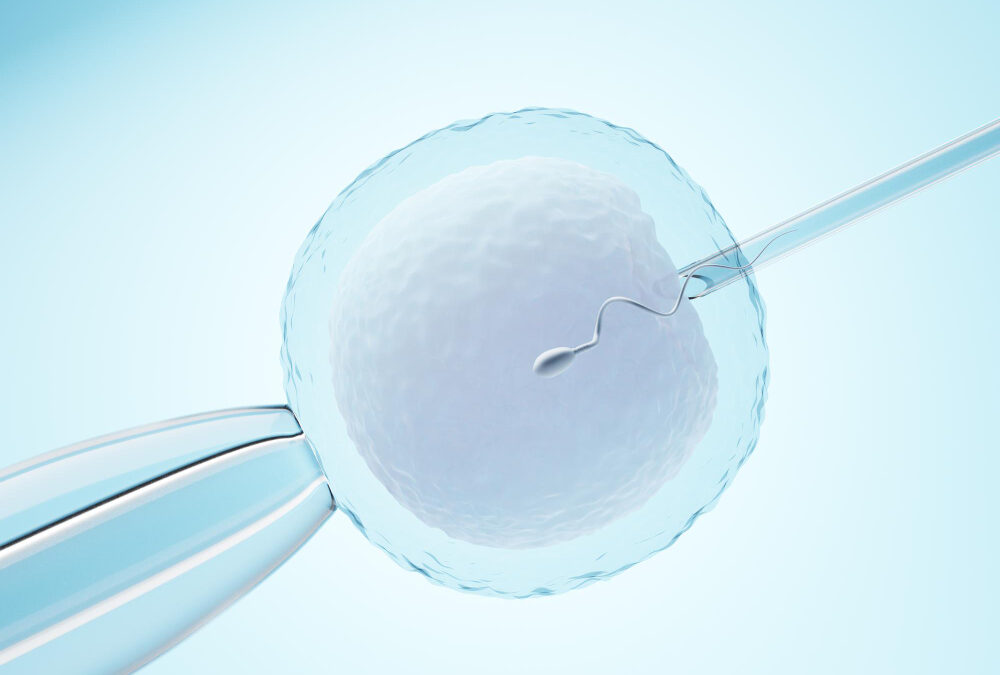
What is in vitro fertilization (IVF) and when is it recommended?
IVF makes it possible to achieve pregnancy even in complex cases of infertility or tubal ligation.

Can I get pregnant if I had my tubes tied? Real and effective alternatives
Can I get pregnant if I had my tubes tied? Real and effective alternatives
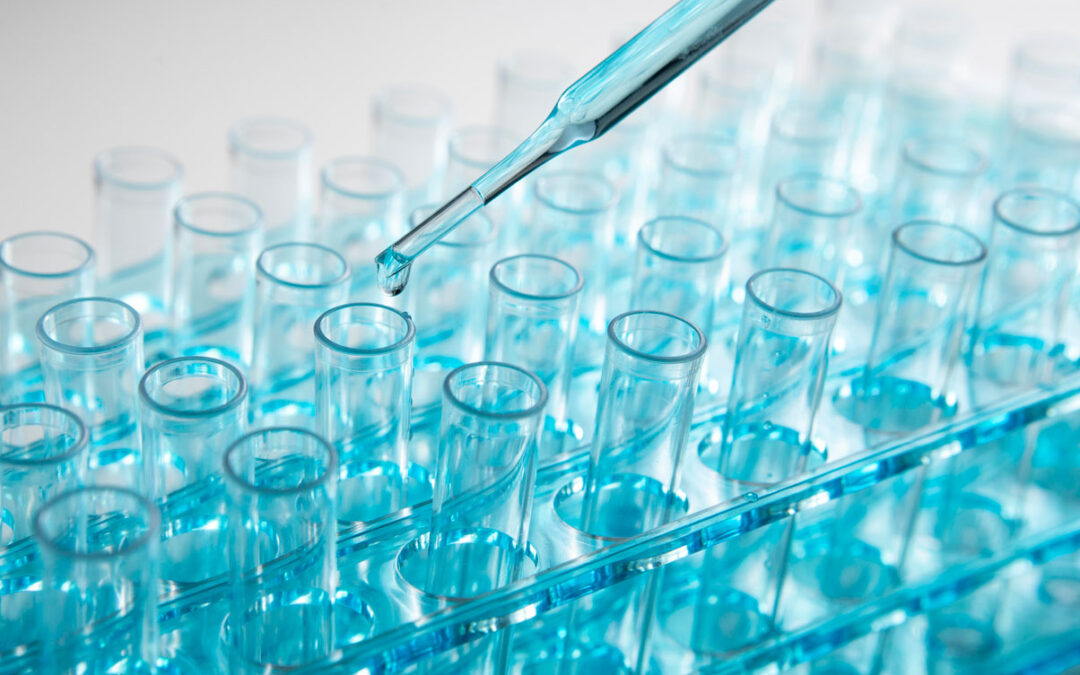
What tests are done to evaluate fertility?
Learn about your reproductive health and identify possible causes of infertility from the very first visit.
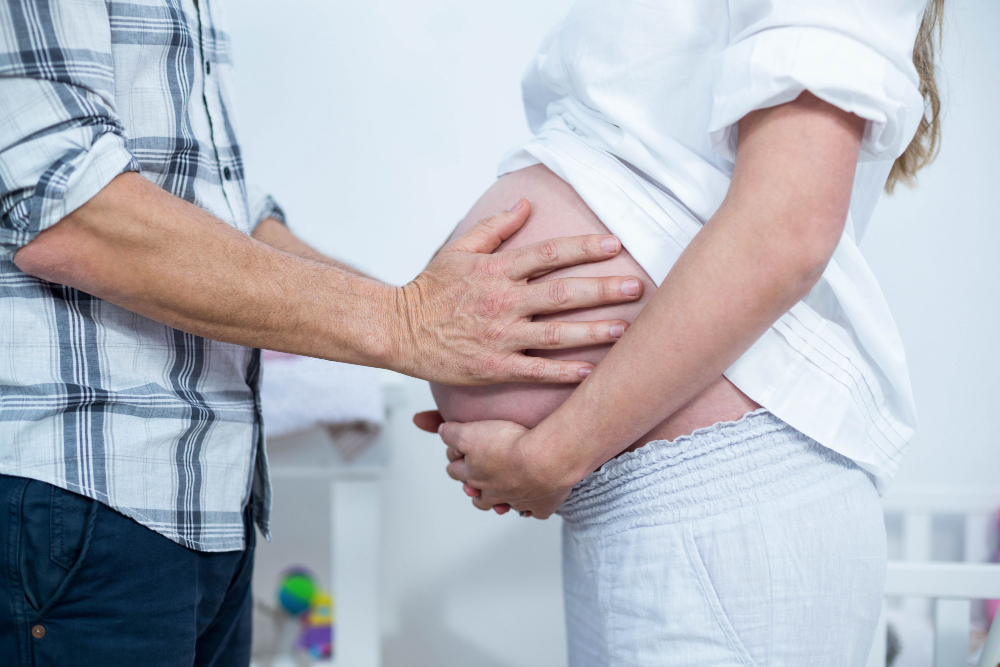
Becoming a mother after 30 – Pros and Cons
Becoming a mother after 30 – Pros and Cons

What to Expect at Your First Gynecology and Fertility Appointment
Discover what to expect during your first visit and take the first step toward motherhood with confidence.
FAQ
Frequently Asked Questions
What are the causes of infertility?
They can be social or medical in nature. Among the social causes are the delay in seeking to have children and the stress experienced by both men and women in daily life. Among general medical causes, we find extreme obesity, anorexia nervosa, serious illnesses, thyroid disorders, substance and medication abuse, alcohol and tobacco use, and chemotherapy. About 20% of cases remain unexplained.
Medically, the most common conditions affecting women are issues with the Fallopian tubes, ovulation disorders, uterine cavity abnormalities, and endometriosis, among others.
In men, the issues typically involve sperm count, motility, and abnormal sperm morphology.
Is infertility only present in women?
Although many people associate infertility with women, it actually occurs with equal frequency in both men and women.
Do I need to bring my laboratory tests? What are they used for?
It is important. If you have already been in consultation or treatment for infertility, you should bring any tests you have previously undergone, such as hormonal tests, ultrasounds, X-rays (such as hysterosalpingography), semen analyses, among others.
Before starting an assisted reproduction treatment cycle, you will be required to have HIV testing, hepatitis B blood tests, hepatitis C blood tests, and VDRL testing for syphilis.
It is important to bring your test results if you have them; otherwise, the clinic will schedule them on the appropriate days for their performance.
Medically, the most common conditions affecting women are issues with the Fallopian tubes, ovulation disorders, uterine cavity abnormalities, and endometriosis, among others.
In men, the issues typically involve sperm count, motility, and abnormal sperm morphology.
Antes de comenzar un ciclo del tratamiento de reproducción asistida se le pedirá análisis de VIH, de la hepatitis B; Análisis de sangre para hepatitis C. VDRL para prueba de sífilis.
Es importante llevar sus exámenes si los tiene, en caso de no tenerlos en la clínica se programaran en sus respectivos días ideales para realizarse.
En cuanto a lo medico, las situaciones que más se alteran en la mujer son Trompas de Falopio, Ovulación, Cavidad uterina, endometriosis entre otras.
Y en el varón, el numero de esperma, motilidad, formas anormales. De los mismos espermas.
What will happen at my first fertility consultation?
Bring the following with you if applicable:
Make a list of all your questions so you won’t forget them when you are with your doctor.
A history of your fertility (summary of any previous treatments).
If you have undergone fertility treatment elsewhere, you have the right to request a report from that clinic detailing your treatment history.
Blood test results.
Semen analysis results.
Reports from previous examinations such as X-rays or any surgeries you may have had.
The initial consultation lasts approximately one hour, and your partner should attend with you. You should arrive 15 minutes before your appointment to fill out a form and have your vital signs taken before seeing the doctor.
A complete and comprehensive medical history will be taken from both partners, if applicable. A nurse will be present during any gynecological examination. If necessary, the husband will be asked to provide a semen sample for analysis (he can also request to provide the sample later if he is uncomfortable doing so on the day of the appointment).
In which cases is Artificial Insemination recommended?
It is generally recommended when sperm count or motility is low, after failed induction and intercourse treatments, or after endometriosis treatments.
Is age important when undergoing assisted reproduction treatment?
Assisted reproduction has given us greater opportunities to welcome a new loved one into our homes; however, pregnancy is not 100% guaranteed. Age is a very important factor for success. The recommended age range is between 20 and 35 years old. After this age, ovarian reserve begins to decline significantly, reducing the chances of pregnancy and increasing the risk of genetic abnormalities, such as Down syndrome.

